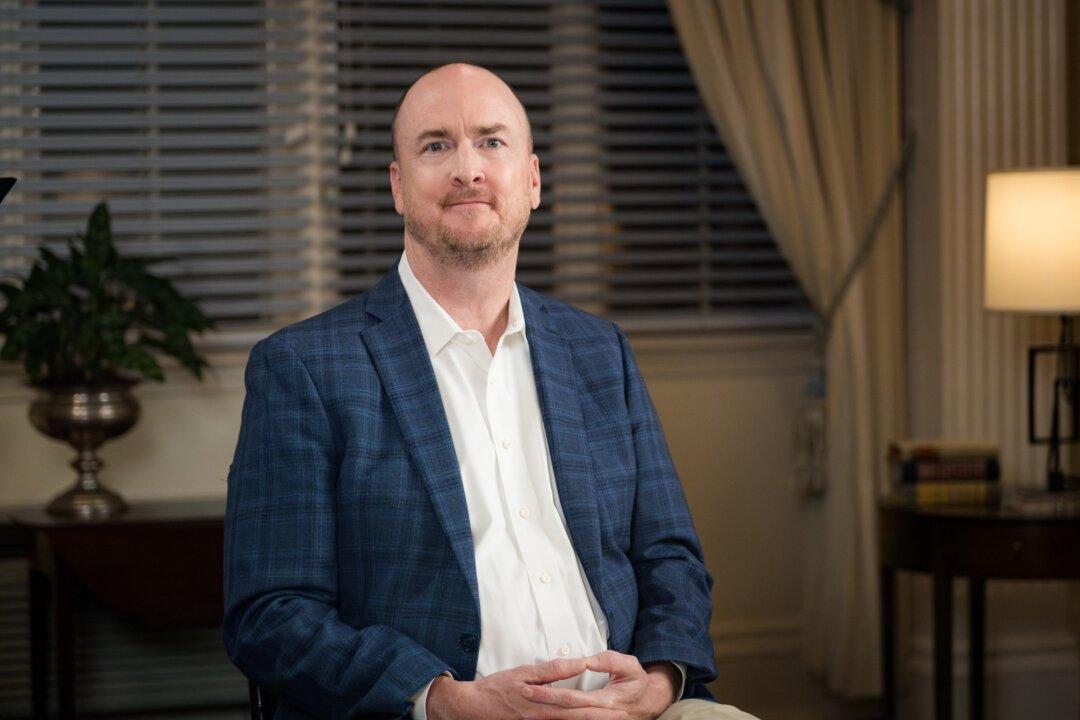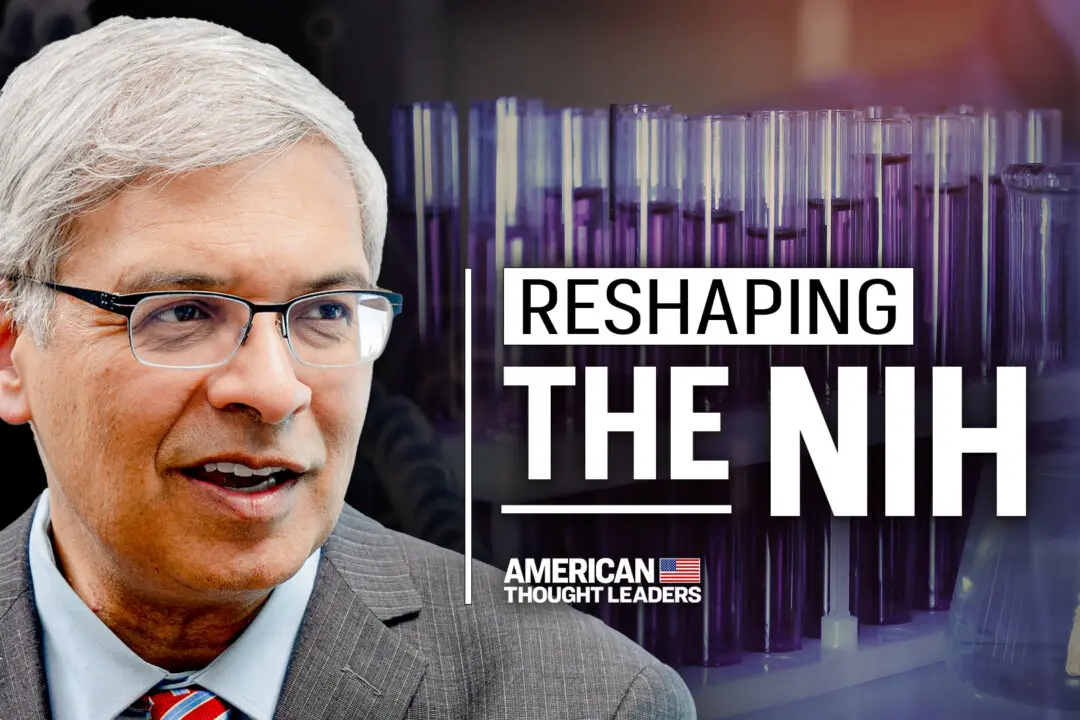In a recent episode of “American Thought Leaders,” host Jan Jekielek talks with Toby Rogers, a medical freedom advocate and a fellow at the Brownstone Institute. Over the last two years, Mr. Rogers has assessed every FDA and CDC expert advisory committee meeting for COVID-19 vaccine approvals—and what he discovered was shocking.
Jan Jekielek: I just witnessed a fascinating presentation you gave about what has happened to our society and the profound changes we’ve seen. As you’ve said, you come from the left of the Left. Please give us a sense of who you are.






